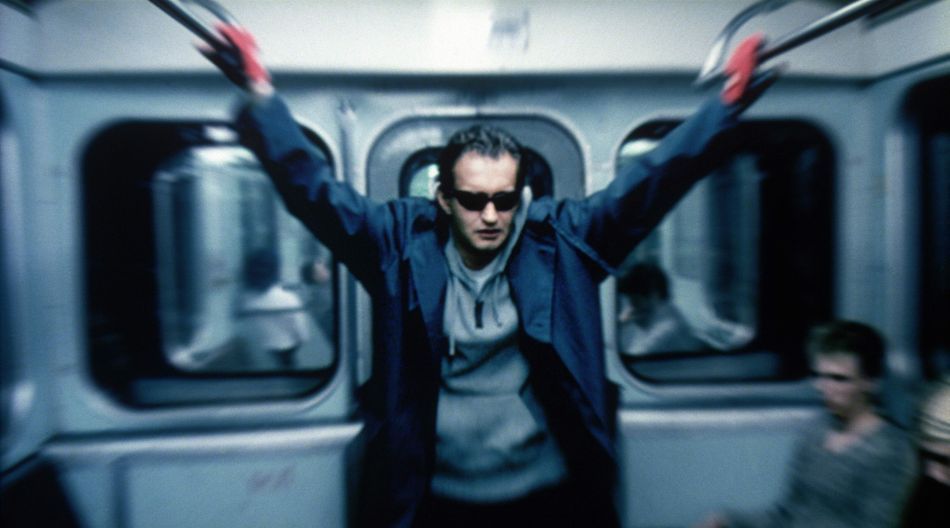‘We’re not producing a film, we’re producing an event, said director Timur Bekmambetov about Night Watch (Nochnoi Dozor), the stylish fantasy film that revolutionised post-Soviet cinema.
Night Watch came at a time when Russian audiences were hungry for home-grown film fare, with settings and plots they could relate to.
”People got tired of seeing movies filmed in New York, which seemed exotic and which presented no context for their daily lives,” said Konstantin Ernst, the film producer.
The few Russian films made in the 90s were generally art-house small productions financed by wealthy businessmen. Mass audiences still didn’t get their film fix.
The producers of Night Watch had a Hollywood-style hit in mind. They hired a leading pop director and poured money into special effects. The resulting film got even the hard-to-impress film critics’ attention. Audiences flocked to the cinemas in an unprecedented wave, making it the biggest grossing film of all time at the Russian box office, taking 464m roubles (£9.16m).
Set in modern day Moscow, Nigh Watch was adapted from a series of fantasy novels by former psychiatrist Sergei Lukyanenko. The plot focuses on the fight between beings with supernatural powers: Good Others use their abilities to heal and help, evil Others use their powers for violent, selfish ends.
“The battle between good and evil was very important to the [film’s] appeal. We had a strong Communist ideology for 70 years, then it crashed, and now we are creating a new infrastructure. And this story…helps create that,” says director Bekmambetov.
The cinematic style of Night Watch has been compared to Blade and Gorky Park, and its cult following to The Matrix, Star Wars, and The Lord of the Rings.
Join us at 2.30pm next Saturday, 3 December, as we screen the film that changed the course of the Russian film industry.
Entry is free for all and we have planned much more than just a screening. Party Eastern European style with our team and all our film club members.
